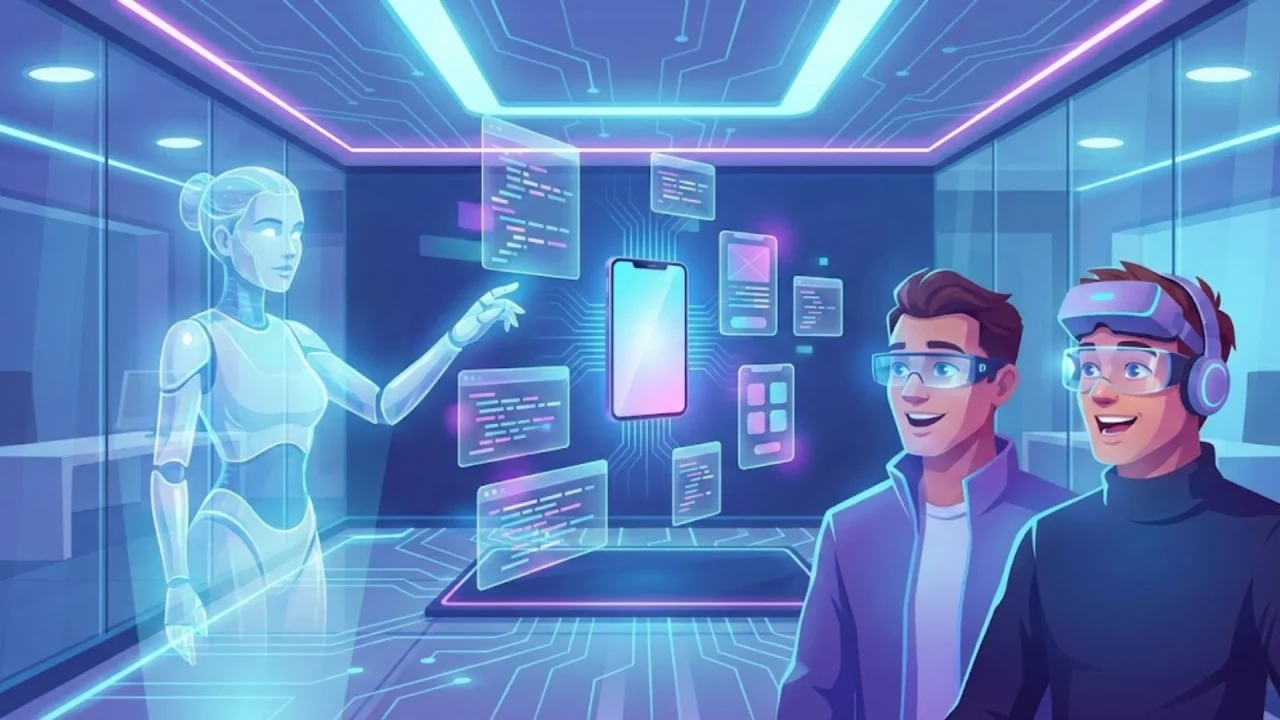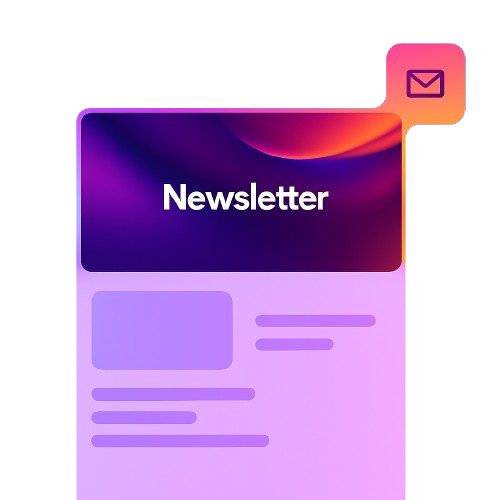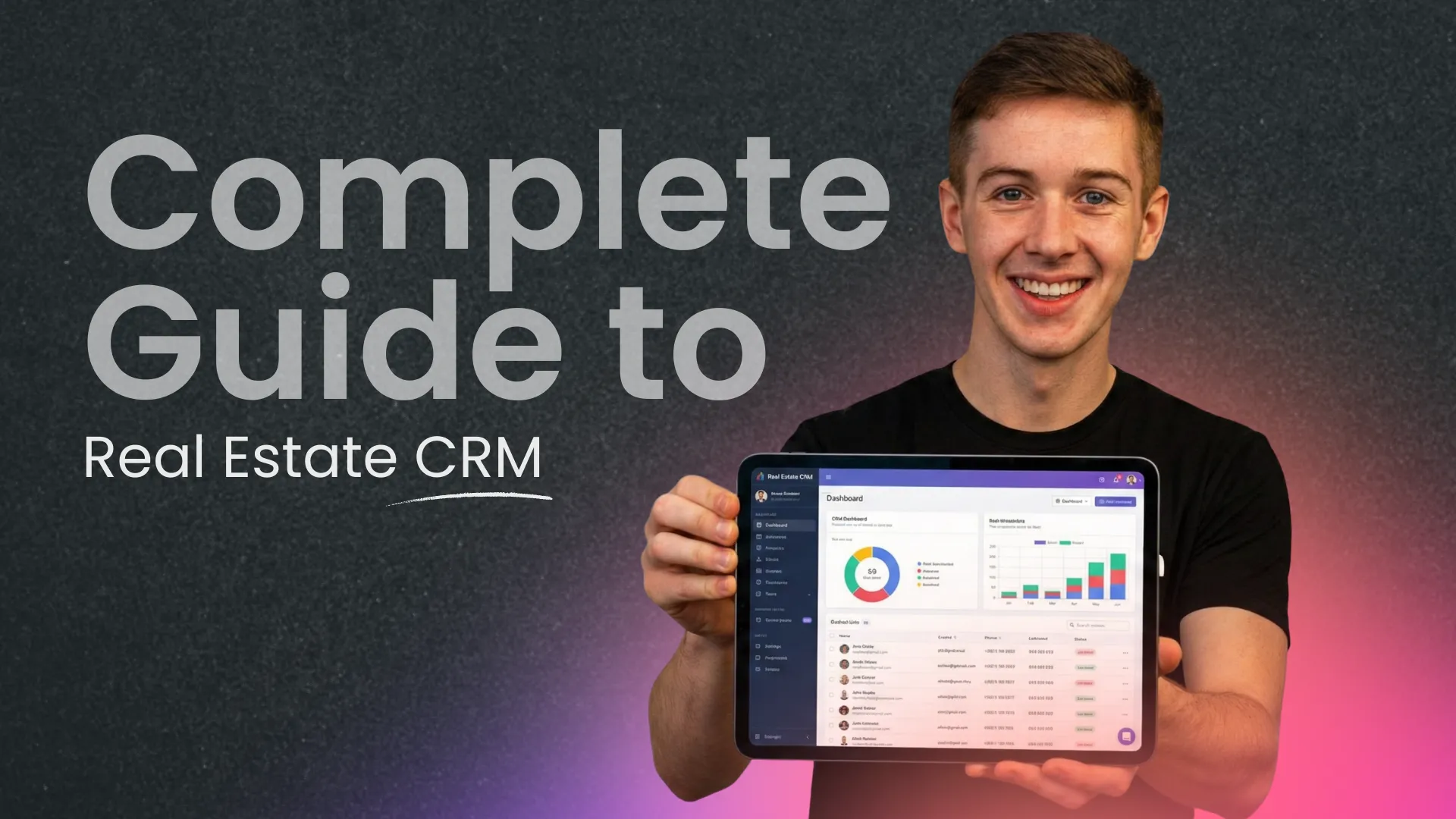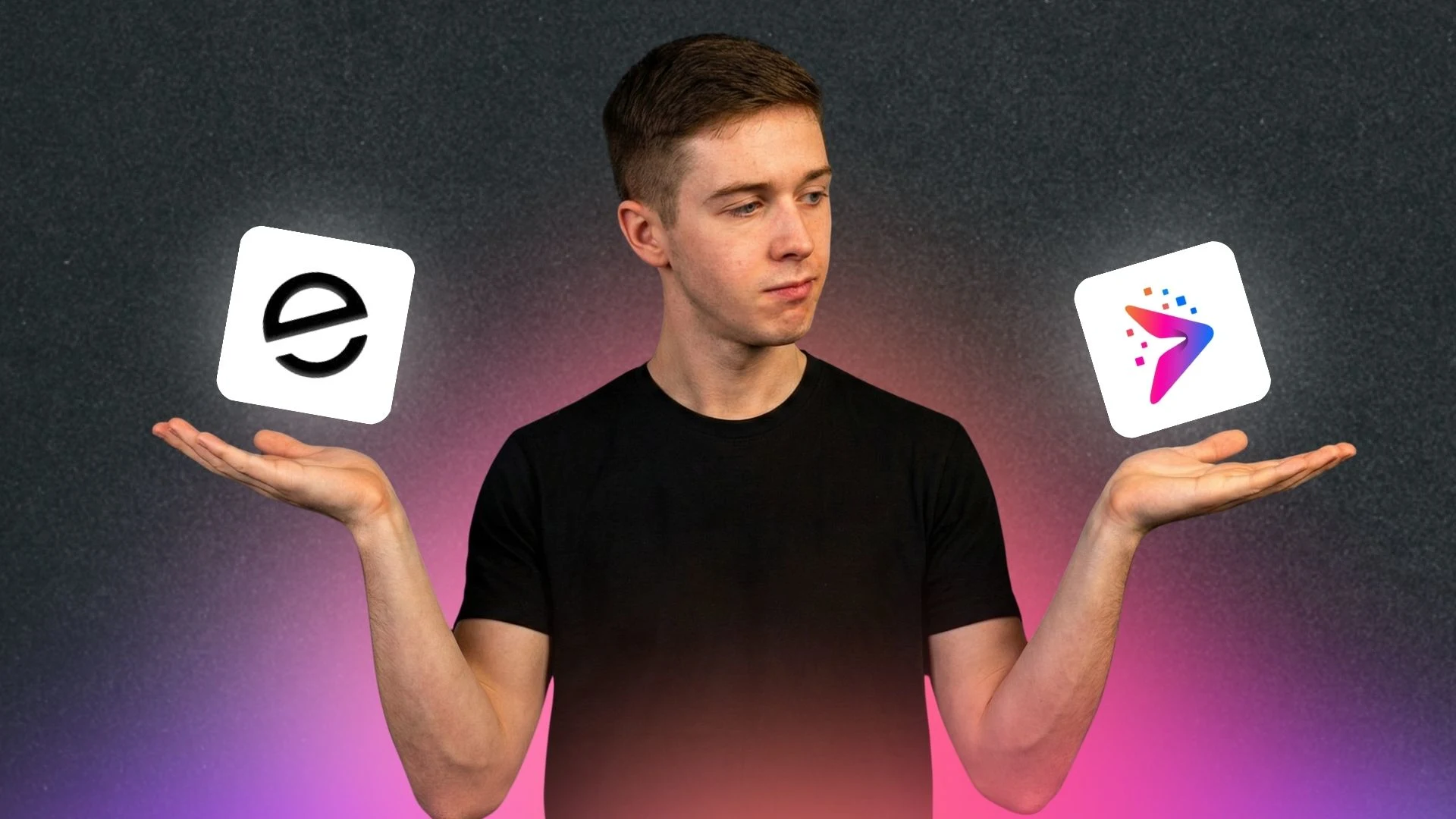The era of high-cost, high-friction software creation is over. We are radically revolutionizing mobile app development by shifting from manual coding to intelligent automation. This evolution is how AI is changing the game, democratizing production for founders while ensuring enterprise-grade scalability. By removing technical bottlenecks, AI allows visionaries to focus on growth rather than syntax. The following guide explores this transformation and how it empowers the next generation of digital leaders.
The Broken Promise of Traditional App Development

To appreciate the revolution, we must first acknowledge the failures of the status quo. The traditional development process is inherently fraught with friction for anyone outside the engineering department. High-level no-code vs traditional development comparisons show that manual builds often result in:
Launch Your App Today
Ready to launch? Skip the tech stress. Describe, Build, Launch in three simple steps.
Build- Prohibitive Costs: An MVP from a reputable agency often starts at $50,000, making it difficult for many non-technical founders building products to compete.
- Agonizing Timelines: Concept-to-launch typically requires 6 to 12 months—an eternity in a market that rewards speed.
- The Talent Gap: The reliance on scarce software development engineers creates a massive bottleneck for startup building.
This outdated model is slow and exclusionary. The market demanded a change that only deep artificial intelligence could provide.
How AI is Changing the Game: The Mechanics of the Revolution

Artificial Intelligence has moved into the practical trenches of software engineering. By integrating Machine Learning and Natural Language Processing into the lifecycle, AI is addressing every stage of app creation.
Accelerating the Development Lifecycle
AI is compressing timelines into weeks or even days. Using the best mobile app development software 2025 standards, AI now handles:
- Intelligent Code Generation: Tools interpret natural language and generate code blocks, reducing manual effort.
- Automated UI/UX Design: Algorithms analyze user behavior to suggest optimal interfaces.
- Proactive Testing: AI-driven tools simulate thousands of interactions to find bugs before deployment.
Enhancing User Experience with Embedded AI
Beyond building the app, AI is now a standard component within the mobile experience. Many are now using an AI-driven Android development guide to integrate:
- Hyper-Personalization: Predicting behavior to improve retention.
- Natural Language Interfaces: Integrating intelligent chatbots and voice functionality.
The Critical Gap: Where Generic No-Code Falls Short
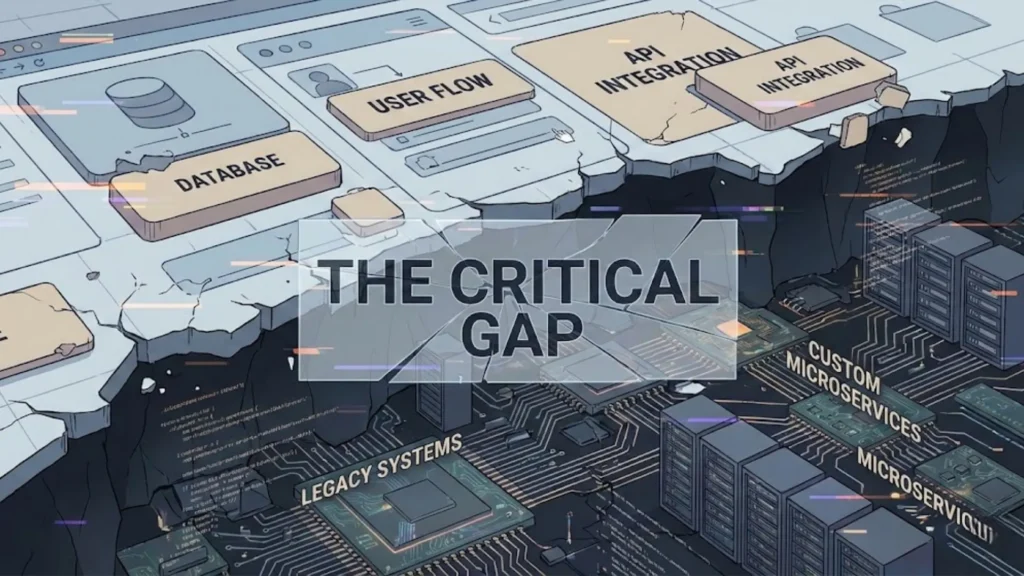
The first wave of no-code tools allowed people to build functional apps, but serious founders often hit a wall. First-generation platforms frequently suffer from common mistakes in no-code SaaS development, such as:
- Platform Lock-in: Being beholden to a single provider’s limited infrastructure.
- Spaghetti Architecture: Generated code that is messy, inefficient, and impossible for human engineers to audit.
- Scalability Issues: Difficulty handling multi-tenant SaaS for beginners or complex data models.
The market is saturated with tools that help you build a prototype, but starving for solutions that help you build a scalable, revenue-ready product.
Introducing Imagine.bo: Deep AI Reasoning Meets SDE-Level Engineering
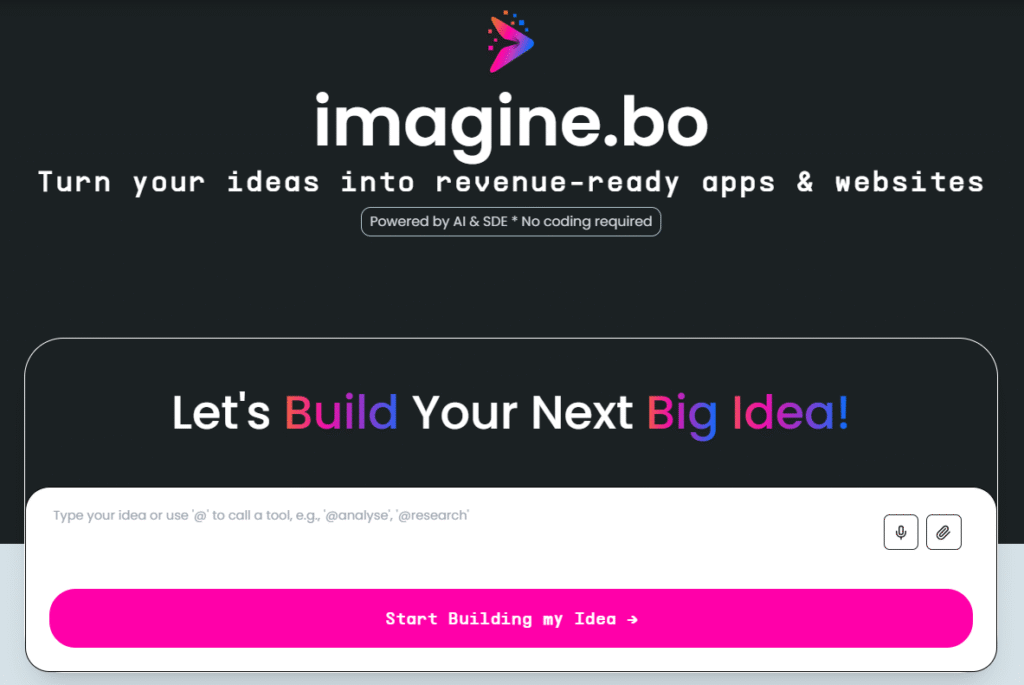
This is where the true revolution begins. Imagine.bo represents the evolution of app development—moving beyond simple code suggestions to full-scale AI-powered no-code app development.
Imagine.bo turns plain-English ideas into production-grade apps. It addresses the critical gap by combining no-code accessibility with the rigor of professional software engineering.
From Natural Language to Production Architecture
Unlike platforms relying on basic templates, Imagine.bo utilizes deep AI reasoning. When you describe an idea, the AI architecturally plans the backend, API endpoints, and security protocols necessary for a scalable SaaS architecture.
SDE-Level Engineering Standards
The platform adheres to real-world Software Development Engineer (SDE) level standards. Your app isn’t a “black box” of messy code; it’s structured, clean, and follows app security best practices.
- Cloud-Native Performance: Ensuring you can handle millions of users seamlessly.
- Enterprise-Grade Security: Protocols are woven into the application from the first line of generated logic.
A Balanced View: The Impacts of the AI Revolution
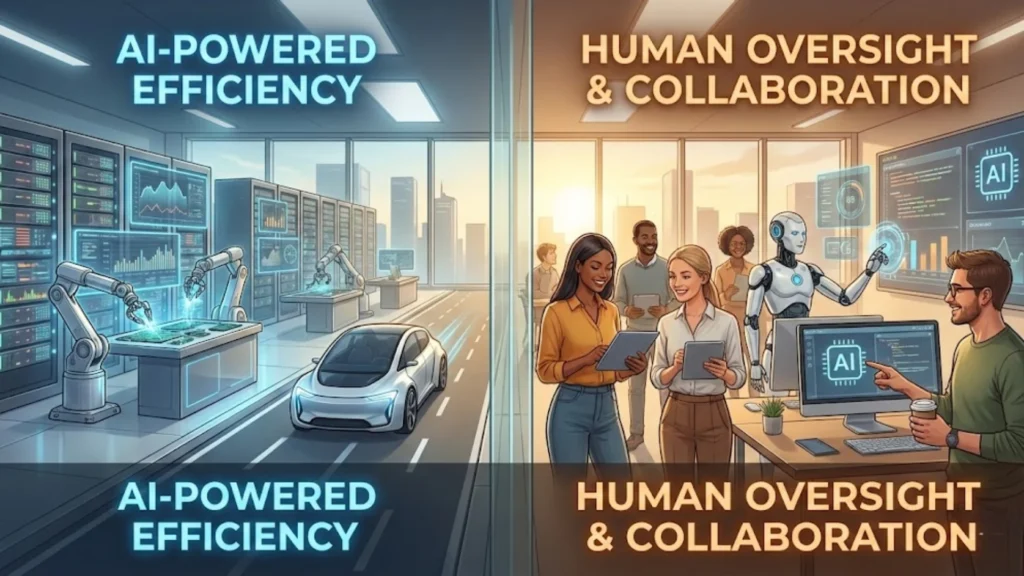
Revolutionizing mobile app development with AI brings both immense opportunities and new responsibilities.
The Positive Impacts:
- True Democratization: The barrier to entry has shifted from technical skill to creative vision.
- Speed-to-Market: You can now launch your SaaS in 30 days or less.
- Cost Efficiency: Capital can be reallocated from engineering salaries to marketing and growth.
The Challenges and Risks:
- Data Privacy: Maintaining data privacy compliance is paramount to avoiding breaches.
- Potential for Bias: AI models must be monitored to ensure inclusive and fair user experiences.
- Debugging: Understanding creative debugging for no-code builders is essential when managing AI-generated logic.
The Economic Reality: How Imagine.bo Reconstructs ROI

How is AI changing the game economically? It turns high fixed costs into variable, manageable ones. Imagine.bo changes the equation for building your MVP by:
- Reducing Iteration Cost: Changing features involves re-prompting the AI rather than weeks of expensive manual refactoring.
- Lowering Maintenance Overhead: Apps built with SDE-level standards have significantly lower technical debt than those made with generic AI MVP builder tools.
Conclusion: The Future Belongs to the Visionaries
We are no longer waiting for the future of software development; it has arrived. The revolution is not about replacing human creativity; it is about unleashing it.
The winners in the next decade will be those who can innovate the fastest. By leveraging Imagine.bo, which combines deep AI reasoning with professional engineering, founders can finally focus on what truly matters: solving user problems and building great businesses.
Launch Your App Today
Ready to launch? Skip the tech stress. Describe, Build, Launch in three simple steps.
Build
